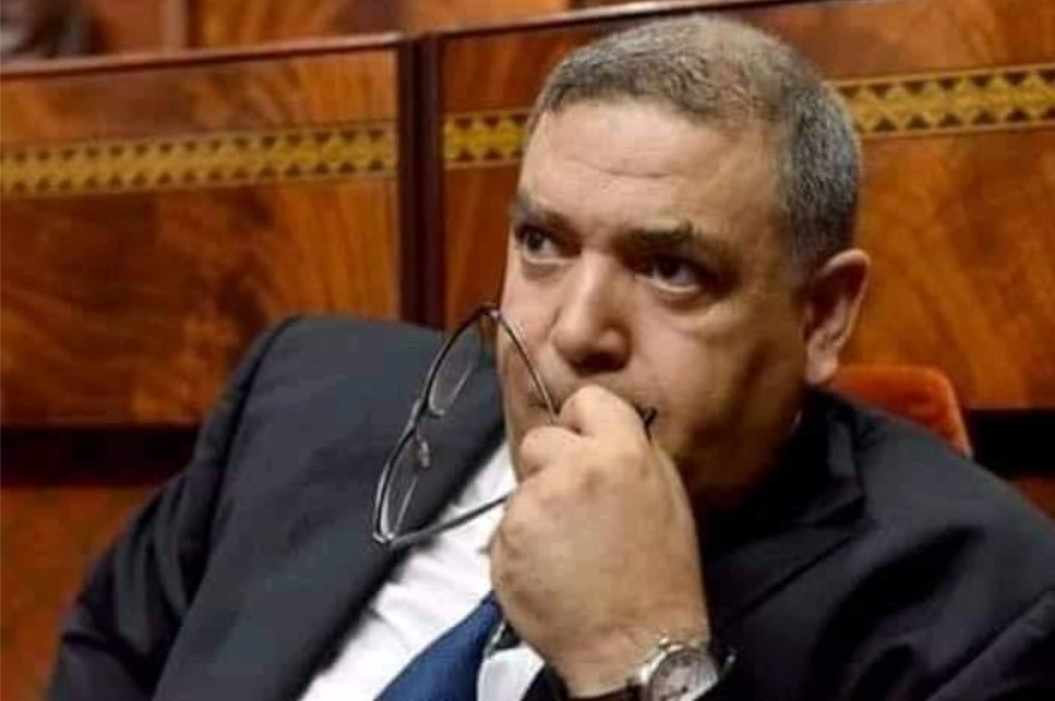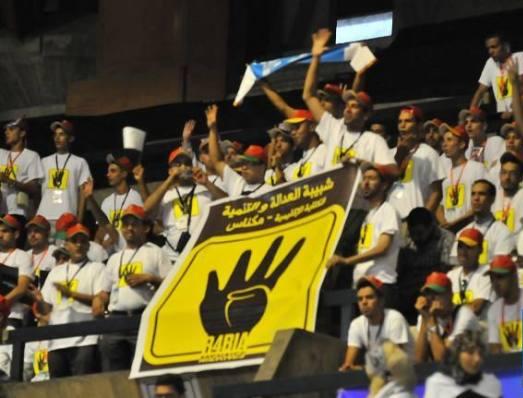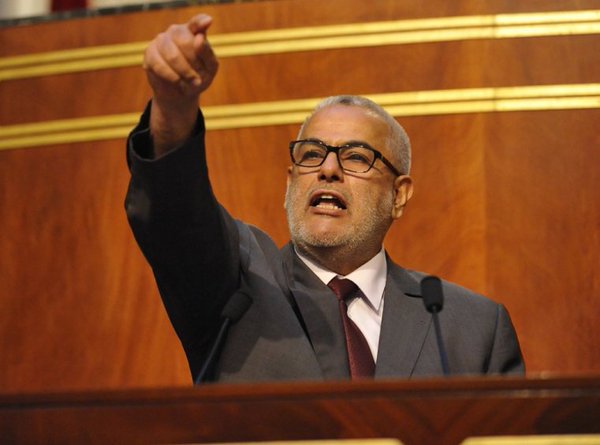
The Moroccan House of Representatives passed Law No. 83.21 yesterday, approving the privatization of water and electricity services amidst considerable criticism from opposition parties and human rights groups.
Law No. 83.21, which was presented as the establishment of regional multi-service water and electricity companies, received approval from 154 members, with 16 abstentions and 21 oppositions.
Interior Minister Abd El-Wafi Laftit, during the presentation of the law, highlighted the shortcomings of the current management in meeting the demands for water, sanitation, and electricity services. Laftit cited studies revealing a necessity for substantial public investments and improved coordination to overcome these issues.
Emphasizing the urgency of adopting the Law due to climate change impacts, Laftit outlined the proposed system’s goal: ensuring a steady supply of potable water and electricity, founded on water economy, energy efficiency, and environmental protection.
He also noted that the new management system is expected to address spatial disparities in public service distribution, under the new legal framework in line with the Moroccan legal system.
Critics of the new law, including the Justice and Development Party (PJD) and the Democratic Federation of Leftists (FGD), warn that privatization could result in service inequalities and intensify socio-economic disparities.
“These utilities are a basic human right, not a commodity to be sold to the highest bidder,” a PJD spokesperson stated, expressing concerns over potential price hikes affecting lower-income families.
The FGD voiced worries about potential job losses in the water and electricity sectors as private companies may seek to streamline operations to maximize profits.
Human rights organizations, the Moroccan Association for Human Rights (AMDH), and Morocco’s Attac have echoed these sentiments, calling for more transparency in the decision-making process and criticizing the lack of public consultation.
Despite the backlash, Laftit promised that the law will include safeguards to ensure fair pricing and prevent monopolies. He also assured that the reform will significantly improve the quality of service provided to all Moroccans.





